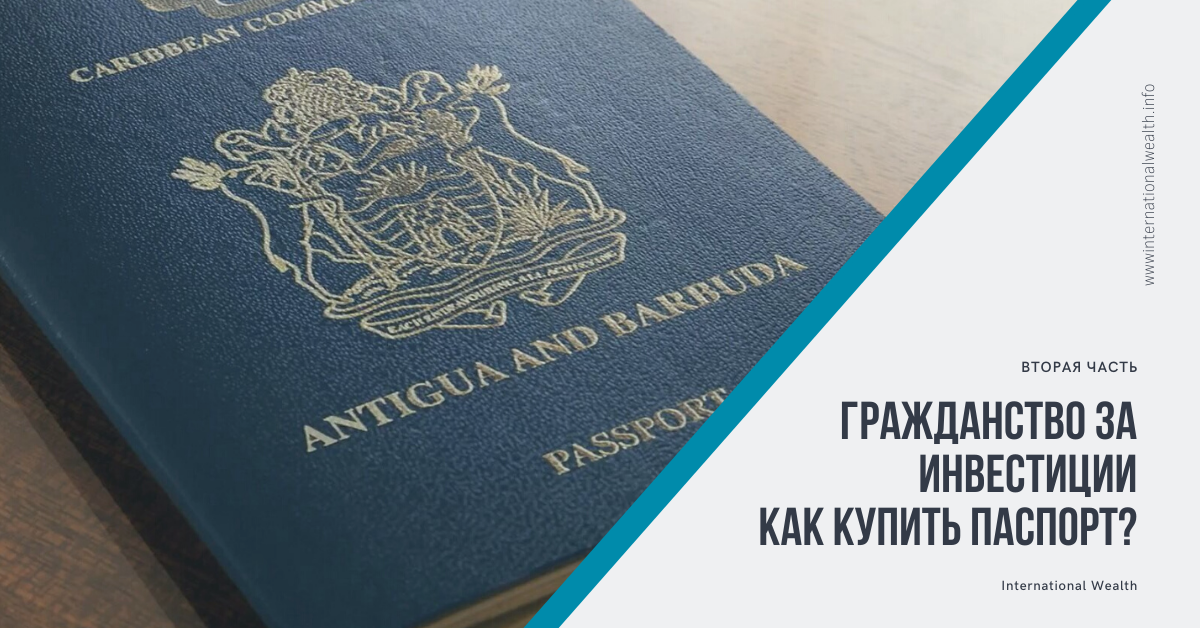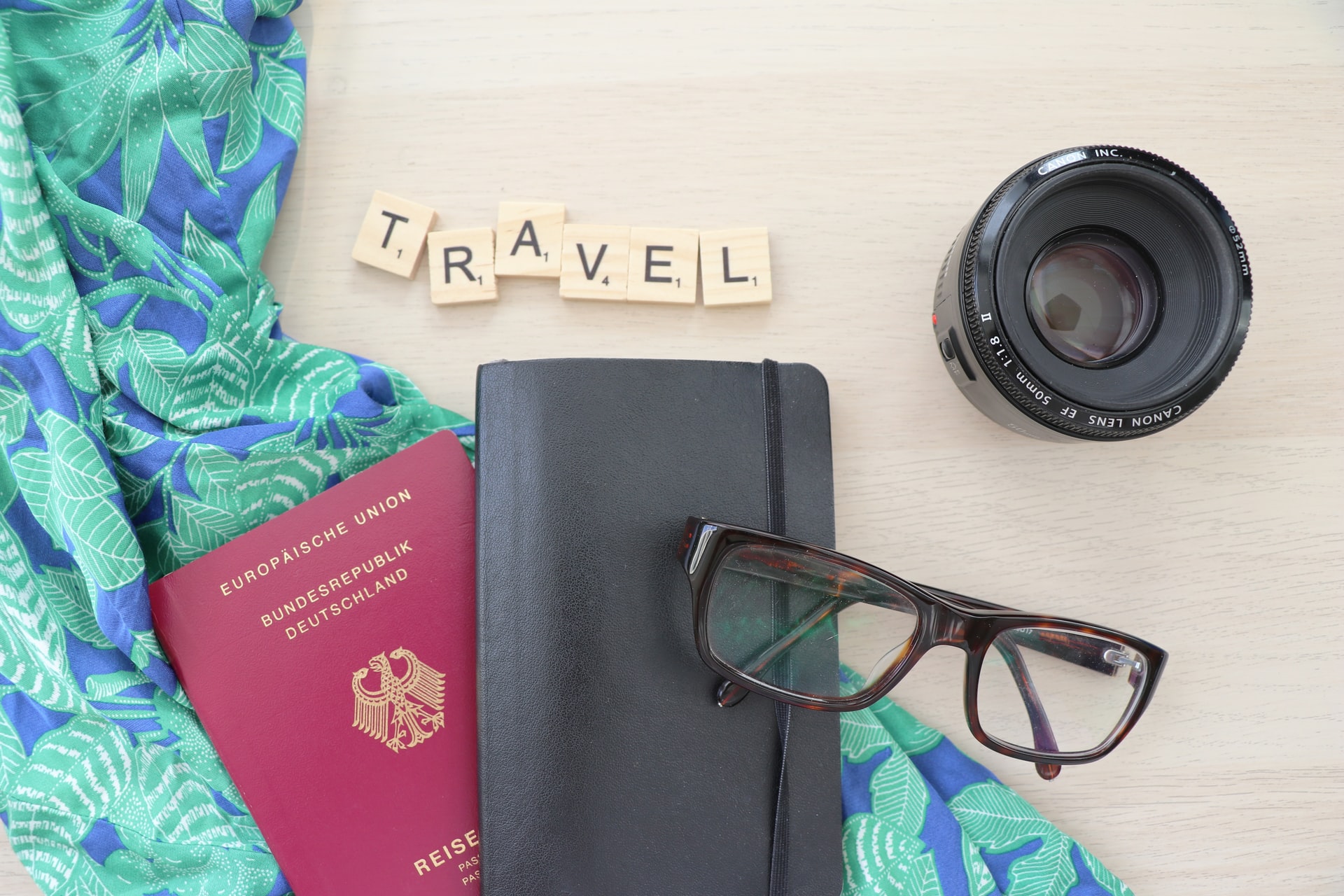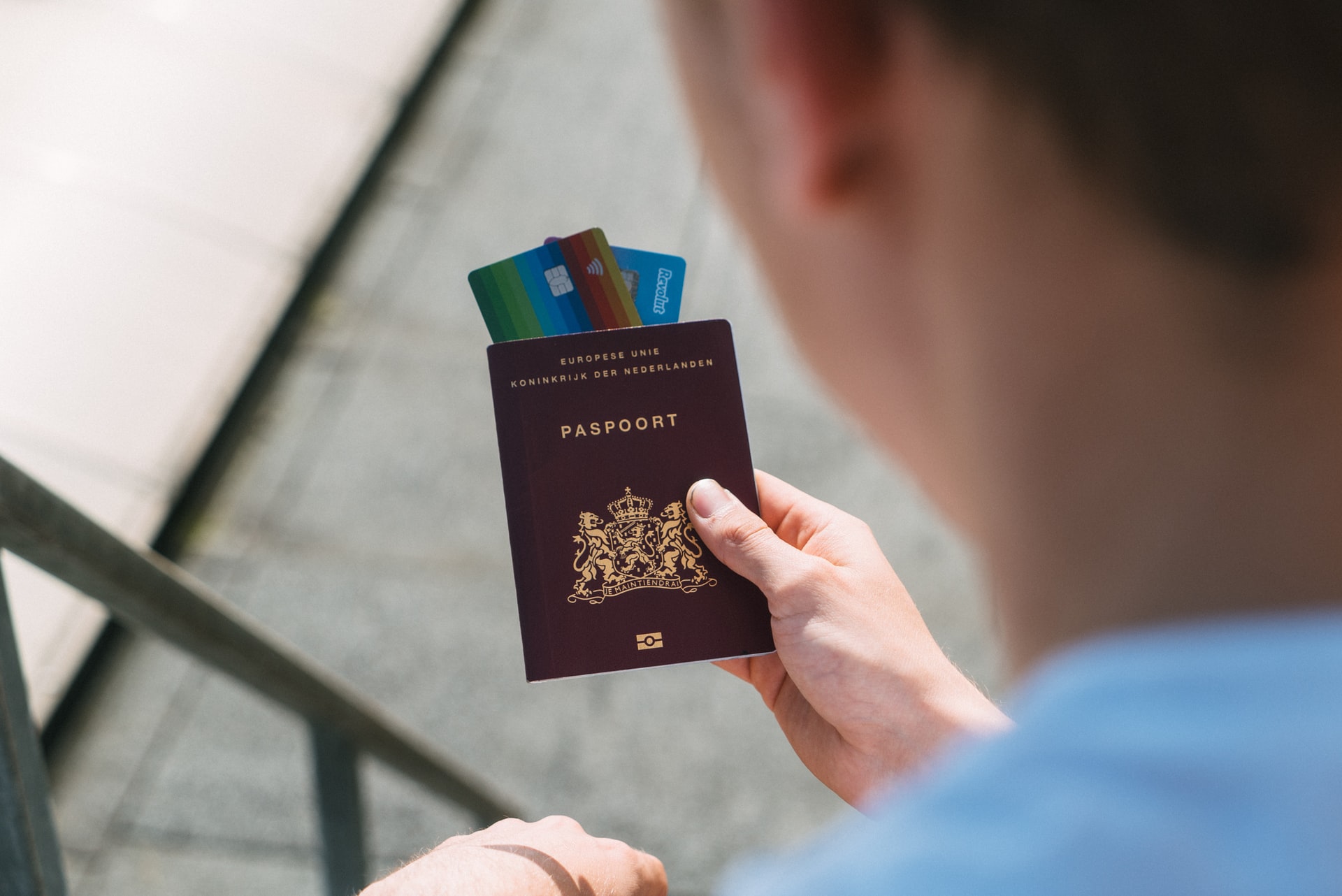
This is the second part of a three-part series designed as a complete guide for Russians, Belarusians, and Ukrainians looking to apply for economic citizenship. The first part, being introductory, answered the following questions and dealt with the following topics :
- What is Economic Citizenship?
- How to determine if a country is offering citizenship by investment?
- What does a second passport give an investor?
- Citizenship by Investment should not be confused with this ...
- Where can you get citizenship for money?
This time the following tasks will be covered:
- Where can you get citizenship for money?
- How do you qualify for economic citizenship?
Where can you get citizenship for money?
Investment citizenship programs come and go on a regular basis. But there are two exceptions. This is, firstly, the oldest such scheme, which has been launched in Saint Kitts and Nevis for over three and a half decades and is still working without interruption. Secondly, the Dominica program, which has been in existence for over a quarter of a century.
All other schemes are less than ten years old. At the same time, over the past two decades, many states have come and gone from the investor passport market, including the Comoros (this country's offer is no longer available) and Grenada (it relaunched its program in 2013 after more than a decade). Some other states, such as Montenegro and Turkey, have only recently entered the market under consideration.
Others, like Cyprus, have a limit on the number of applications they process each year. There are programs that meet with political resistance, like the Moldovan scheme, the acceptance of applications for which was temporarily suspended until the second half of 2020, and then the program was completely curtailed.
The bottom line is that nothing is permanent in this industry. But, if we take the current proposals, they look like this:
Malta citizenship by investment
- Passport processing time: more than 12 months (a year in resident status)
- Minimum investment amount: € 880,000 (price valid until October 2020)
- Financial options: hybrid model requiring donation and investment in bonds + residential real estate (housing can also be rented)
- Visa-free access to more than 18 dozen destinations, including the USA
- : 7-8
- : € 2 150 000
- : ,
- 17 ( )

- : 3-6
- : $ 350 000
- : ,
- 12 ,
- : 3-4
- : $ 100 000
- : ,
- 139 ,
-
- : 3-4
- : $ 100 000
- : , , -
- 145 , -
- : 3-4
- : $ 130 000
- : ,
- ,
- ( )
-
- : 1,5-4
- : $ 150 000
- :
- ,
- ( - )
- : 3-6
- : $ 150 000
- :
- 14 ,
- E-2
- : 1,5-3
- : $ 145 000
- :
- 125 ,
- ,

- : 2-4
- : $ 250 000
- : , , ( )
- E-2
?
As noted in the previous article, some governments offer citizenship by investment because they consider such a contribution to the economic development of their states to be an act that gives a foreigner the right to their passports. Both parties can and should benefit from the deal.
You need a second passport to build on Plan B, expand your freedom of movement, get better tax planning opportunities, and many other benefits.
Governments need foreign direct investment to stimulate the economy, whether it is investment in the real estate market, developing local businesses and increasing employment, or buying government bonds, the proceeds of which can be redirected to more government-specific projects.
Depending on the country and its specific needs at the moment, the candidate for economic citizenship will be offered several options to choose from. Here are the most common types of investments that will allow you to obtain citizenship for money in another state:
1. Donation
The most trivial way to get citizenship for money is to make a donation. Donation amounts start at $ 100,000 in several Caribbean jurisdictions and go up to € 650,000 in Malta. You make a donation and the officials give you a legal second passport. You will not get this money back.
Donations are accumulated in a special fund, the money from which is used to achieve various government goals. For example, Dominica uses this money to build housing for the poor.
Donating is usually the cheapest and easiest way to get citizenship for money, as you won't have to deal with the headache of selling investment assets later.
Yes, you might think that this is a waste of money. But if you can save a million dollars in taxes by applying for a specific passport, then who cares about spending a “modest” $ 100,000? If you can travel to China with a new passport and expand your business there, significantly increasing its turnover, consider this $ 100,000 as an investment in your business.
2. Investing money in real estate
Almost all investment citizenship programs, with the exception of Turkey, Malta and Cyprus, oblige applicants seeking citizenship for real estate to buy only assets pre-approved by the government.
This often means inflated prices due to lack of supply and difficulty getting out of investments. Moreover, in the case of most Caribbean programs, applying for citizenship for real estate, you can get not a specific villa or apartment, but a share in them.
There is another important question: if you decide to buy citizenship for real estate, what are you going to do with it? Especially when it comes to real estate on a tropical island, where the market is not strong enough for an investor to easily resell the asset. The most effective way to resell is likely to be looking for a new buyer among individuals who are also acquiring citizenship for real estate.
On the other hand, you can buy almost any property in Turkey and if the investment amount meets the official requirements, you will be allowed to apply for Turkish citizenship. And since the asset does not need to be pre-approved by the government, it will not be overpriced.
3. Hybrid model
In some countries, officials like to complicate matters and require applicants to make several types of investments plus a grant to obtain citizenship. Most hybrid programs can be found in Europe.
For example, Malta requires applicants to make a significant donation, purchase government bonds, buy or rent housing, and remain resident for at least a year in order to establish a "genuine connection" with it.
This is, of course, due to the fact that Malta is part of the EU. This status makes her passport much more valuable than Caribbean documents. At the same time, those wishing to issue such a Maltese document are subject to strict control.

In Saint Lucia, nobody cares if you have that “genuine connection” with the country. They will accept your donation and you can complete the process. Yes, a Saint Lucian passport is not as prestigious and valuable for the same travelers as a Maltese one. But you can always compromise.
Among the hybrid ones is the Cyprus proposal, which requires both real estate investments and mandatory donations to government funds. You can also remember the Montenegro offer (new to the gold passport market), which also requires both donations and the purchase of pre-approved real estate.
4. Banks, bonds and business
In recent years, governments have shown an increasing level of creativity in offering options to investors interested in citizenship. In Turkey, for example, instead of investing $ 250,000 in real estate, you can also deposit $ 500,000 in one or more banks for three years and still qualify for citizenship. In addition, it is possible to open / buy a business and hire 50 Turkish people and obtain citizenship in the same way.
In both Antigua and Saint Lucia, you can invest in a local company and become eligible for citizenship. In Antigua, you will need to invest $ 400,000 plus fees (much higher than the $ 100,000 flat donation), and in St. Lucia, you will need to invest $ 1 million and create several jobs.
Finally, in Saint Lucia and Malta, you can buy interest-free government bonds and hold them for a specified period of time to qualify for a passport. In Malta, investment in bonds is one of the many requirements under the hybrid option. In Saint Lucia, it is one of four distinct options.
To be continued. If you liked the first and second parts of this guide, stay tuned. In the third and final part, citizenship by investment will be examined from the perspective of a bureaucrat (process). You will also learn who should get citizenship for money and how to choose the best economic citizenship.
Still have questions? Ask them in the comments!